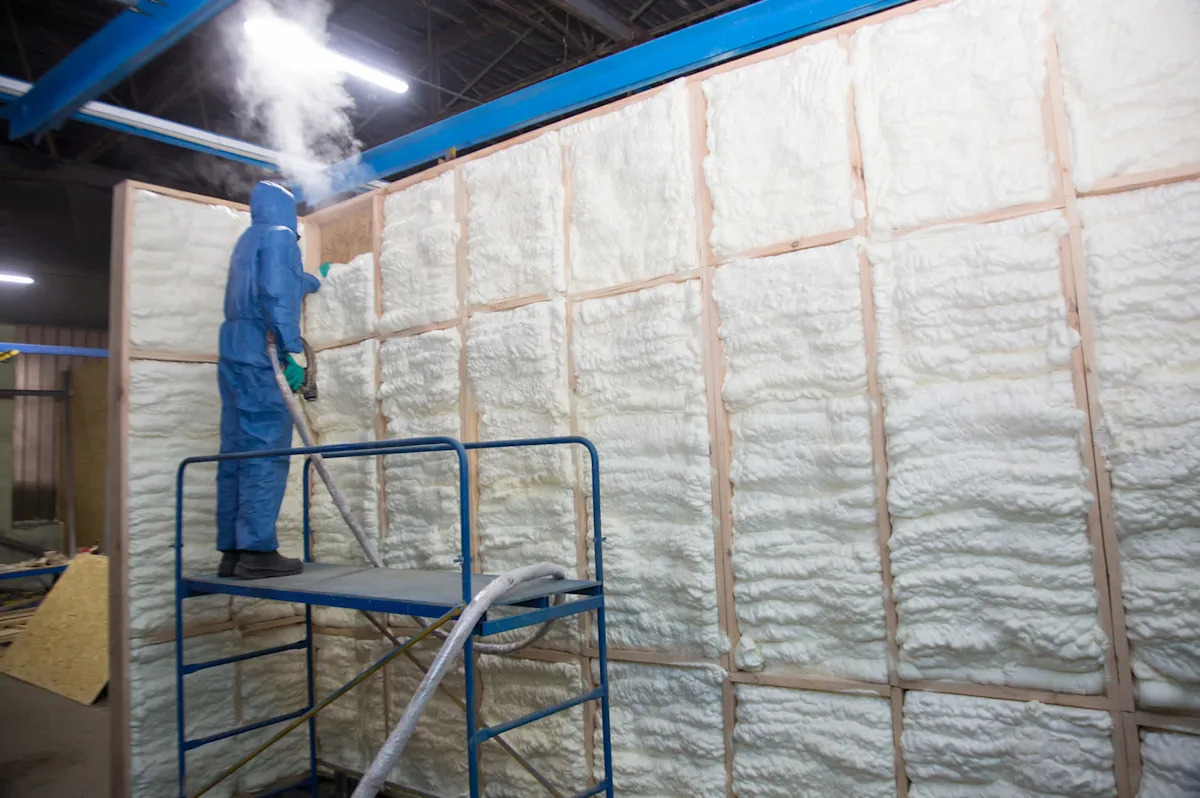Researchers at the Institute for Circular Economy of Bio:Polymers (ibp) at Hof University of Applied Sciences in Germany have developed an innovative insulation material derived from mushrooms, known as Mycobuild. This product aims to revolutionize the construction industry by offering a sustainable alternative to traditional insulation methods while preventing mold growth. The team plans to begin industrial production of mushroom mycelium boards by March 2026.
The development of Mycobuild utilizes several mushroom species native to Germany, including honeydew, fox bolete, and giant mushrooms. These fungi thrive at room temperature, eliminating the need for energy-intensive heating or cooling during cultivation. Dr. Katharina Wellmanns, a research associate at Hof University, highlighted the oyster mushroom as a particularly effective candidate due to its rapid growth and ability to form dense networks.
This new insulation material presents several advantages over conventional options. Traditional cellulose insulation, primarily composed of recycled paper, is currently the only major insulation type made from recycled materials. In contrast, foam and fiberglass insulation are predominantly plastic-based, which poses significant environmental challenges when disposed of. Plastic can take hundreds of years to decompose, contributing to pollution in landfills and waterways. By minimizing reliance on plastics, the new mushroom-based insulation can potentially enhance environmental safety and public health.
Dr. Robert Honke, the project leader and a professor at Hof University, noted additional benefits of Mycobuild: “They are compostable, store CO2, and require less energy to produce than conventional fossil-based insulating materials. They can also be shaped flexibly and are industrially scalable.” This reduced energy consumption translates directly into lower costs for consumers.
Despite its promising attributes, the research team acknowledges that skepticism regarding mushroom insulation may pose a challenge. “Many people might be skeptical about an insulation material that is based on fungi, as they fear that this could lead to mold problems in their homes,” Dr. Honke mentioned. In response to these concerns, the team is developing a mineral top layer for the insulation, which aims to prevent mold growth and make the product waterproof.
While commercial availability of Mycobuild is still several months away, the team remains optimistic about its potential to transform construction practices in Germany and beyond. The initiative reflects a growing trend towards eco-friendly materials in the building industry, which can play a crucial role in sustainable development.
As the project progresses, the researchers hope that this mushroom-based insulation will not only address environmental concerns but also become a vital part of the future of construction.








































































